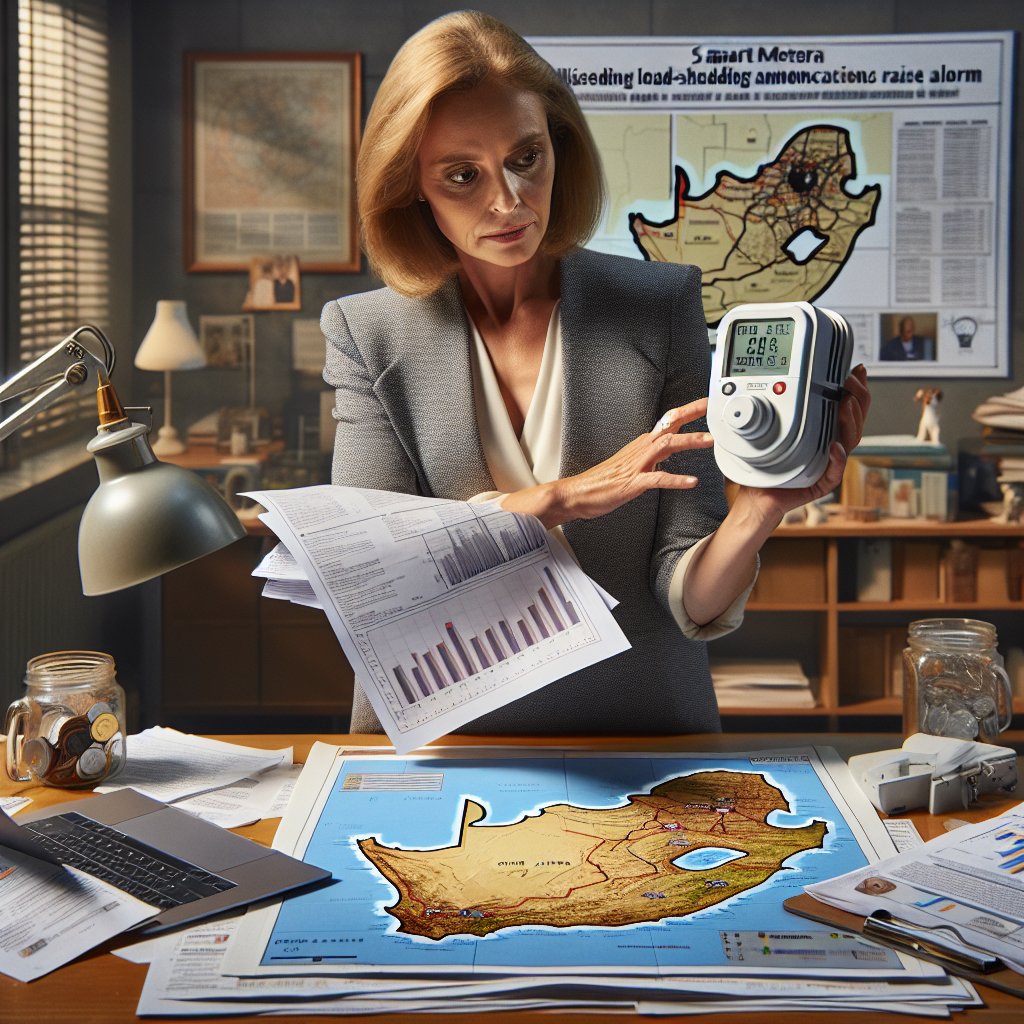Image: AI generated for illustration purposes
Rumors Surface About Gupta Family Funding South Africa’s R16-billion Smart Meter Program
In a startling development that could have significant implications for South Africa’s energy sector, the Democratic Alliance’s (DA) Shadow Minister of Electricity, Samantha Graham-Maré, has brought forward claims that the controversial Gupta family may be the hidden financiers of the country's R16-billion Smart Meter program. The revelations, first divulged to BizNews, have added a new layer of complexity to the ongoing challenges faced by the national power utility, ESKOM.
According to Graham-Maré, despite persistent efforts which have been underway since July, identifying the so-called 'mystery funder' has proved elusive. A Promotion of Access to Information (PAIA) application directed towards the Electricity Minister Dr. Kgosientso Ramokgopa has been met with silence, while follow-up parliamentary inquiries with Public Enterprises Minister Pravin Gordhan still await answers.
However, the allegations have gained traction with Graham-Maré revealing that sources as distant as Dubai have communicated with her office, expressing the conjecture that the Guptas could indeed be linked to the smart meter initiative—a significant investment in the demand-side management of electricity. These sources reportedly witnessed the Gupta family engaging with various stakeholders in Dubai, discussing smart meters, which are widely employed in the region.
While Graham-Maré admits the possibility of the Gupta connection could be "absolute conspiracy theories at its best", she remains circumspect given the current government’s past entanglements with the family. The Gupta family, once close associates of former President Jacob Zuma, has been implicated in a web of state capture allegations, which adds a layer of seriousness to the rumor that requires thorough investigation.
Aside from the smart meter funding saga, Graham-Maré highlighted another critical concern involving ESKOM—a growing trend of potentially misleading load-shedding announcements. She pointed to incidents where it was believed ESKOM had underreported the extent of power cuts, misguiding the public on the stages of load shedding being implemented. This practice breeds a "trust deficit" and raises questions about the transparency and integrity of the utility's communication with the South African public.
The DA has since urged the ESKOM System Operator to launch an inquiry into these concerning matters of misinformation. Instances where ESKOM's reporting indicated Stage Six load shedding when in fact it was operating at Stage Eight, and conflicting accounts implicating the Johannesburg City Council in excessive load shedding, have ignited public discontent and frustration.
These episodes of opacity and alleged misinformation are not trivial; they come at a time when South Africa grapples with an energy crisis, threatening to stunt economic growth and impact daily life across the nation. As citizens seek reliable and affordable electricity, the call for greater transparency and accountability in the country's energy policy and operations has never been more pressing.
The implications of these allegations, if proven true, extend beyond the energy sector, as they potentially illuminate a concerning pattern of governance and raise alarm over the democratic processes within the South African government. It is a narrative that underlines the importance of vigilance and relentless pursuit of the truth by political figures such as Graham-Maré, and media outlets like BizNews, in protecting the interests of South Africans against potential malfeasance in high places.










